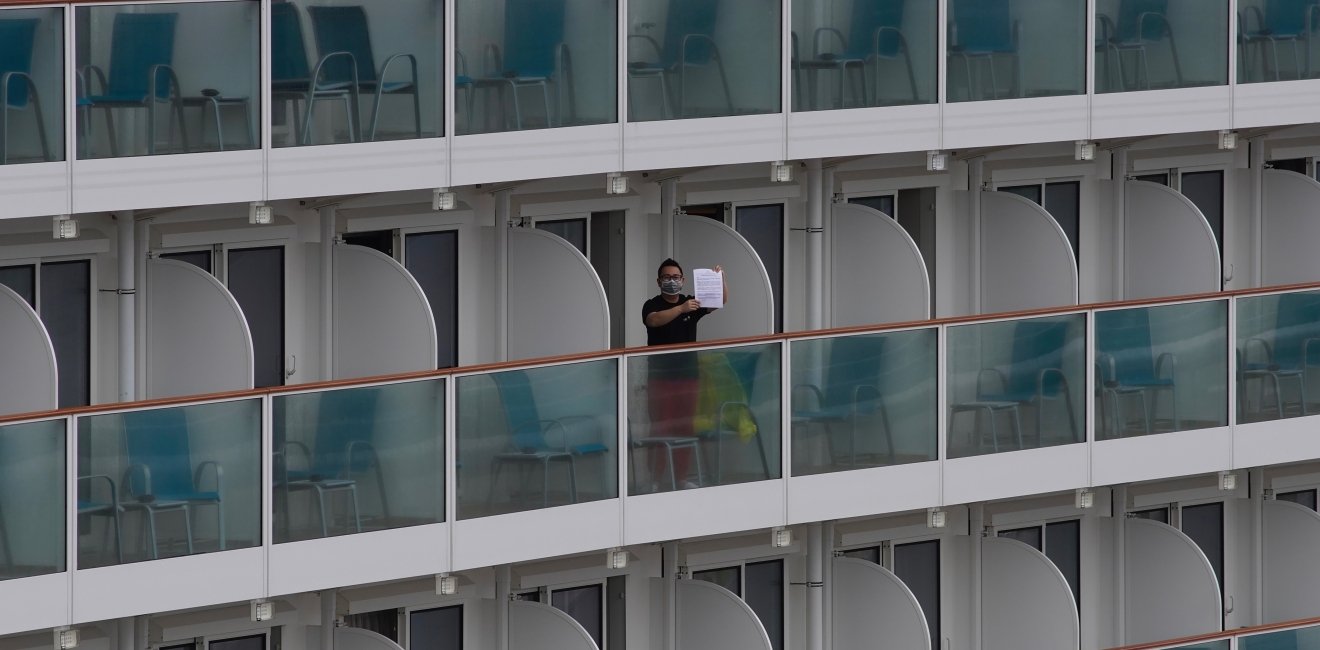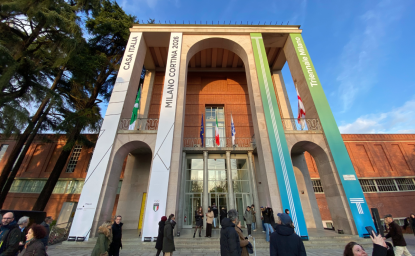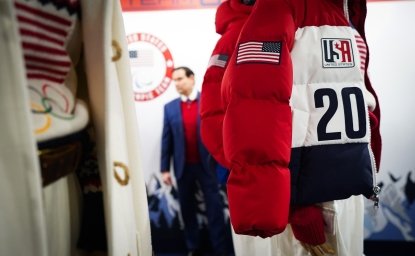
WASHINGTON – What has COVID-19 taught us about our ability to battle global outbreaks? What has the pandemic taught us about ourselves?
The Wilson Quarterly tries to answer these questions and more in its Spring 2021 issue – Public Health in a Time of Pandemic. The new WQ’s blend of essays, analysis, in-country reporting and first-person accounts from the front lines and the information wars aims to take readers into the most vexing questions posed by the global outbreak.
Editor Richard Byrne says: “COVID-19 has been a unifying global experience. Yet, at the same time, it has compelled personal reflection and resilience from each of us. Our new issue aims to capture a bit of all of these contradictions and commonalities – bringing analysis of larger trends and parallels into confluence with powerful individual voices and experiences.”
Click Here to See the Award-Winning Website
From the Spring 2021 Wilson Quarterly:
1. John M Barry, author of an acclaimed account of the 1918 epidemic (The Great Influenza: The Story of the Deadliest Pandemic in History ) and Distinguished Scholar at the Tulane University School of Public Health and Tropical Medicine traces the parallel and differences between 1918 and 2020.
“Deciding between the economy or public health was always a false choice. They are dance partners, and public health takes the lead.”
2. A COVID Winter: Six conversations with front line workers, researchers and media figures about their experiences during the dark COVID-19 winter of 2020-21.
- Riley G. Jones, MD: University of Florida Health Shands Hospital
“I’m telling one person that they can’t be officially pronounced dead yet, because I have to go pronounce someone else’s loved one dead first.”
- Carmen D. Zorrilla, MD, Interim Dean of Research, University of Puerto Rico School of Medicine
“People are calling, placing themselves in like four different lists… the creativity people [use] to get a vaccine never ceases to amaze me.”
- Chris Hayes, Host, All In With Chris Hayes
“Right now, there are quite literally tens of thousands of people who are walking around, perfectly healthy and alive, who will be dead by January 20th.”
- Saskia Popescu, Epidemiologist and Science Communicator
It's a challenging time, because you're trying to mix hope and a lot of really optimistic data and trends with the recognition that this is not over. We still have a lot of work to be done.”
- Glorimar Rivera-Quinones: Pharmacist-in-Charge, Baltimore Convention Center Field Hospital
“When the Board of Pharmacy came to inspect – I don’t think any of them had ever seen a pharmacy in a food court before.”
- Jourdan Bennett-Begaye, Managing Editor, Indian Country Today
“I think our job is to make people not feel invisible, to make them feel seen and heard…because you know, the people who are dying every day, in tribal nations are people who are loved.”
3. Tracking A Global Pandemic: A comprehensive multimedia analysis of global response that draws upon the acclaimed regional expertise of the Wilson Center’s programs and centers.
“SARS-CoV-2 has exacted a horrific toll in many of the world’s poorest nations, and has tested the competence, will, and well-laid pandemic preparations of wealthier nations.”
4. Transparency on Trial: Brazilian journalists João Monteiro and Laís Martins examine how Brazil’s government has manipulated or suppressed COVID-19 data – and how the media and civil society are fighting back.
“Little more than a year into the pandemic, Brazil is facing its worst moments of the crisis. But the battle waged by the country’s media outlets, independent observers, and civil society organizations to get the citizens essential data about COVID-19 reveals how far the Bolsonaro government will go to alter public perceptions of the catastrophe.”
5. The War Over Science: Alex Long examines how the politicization of science and public health in the U.S. and the UK – and the differing responses it elicited from independent scientists in each nation.
“The U.S. and the UK had the science, the policies, the plans, and the expertise to effectively respond, relatively speaking, to a pandemic. Why didn’t it matter?”
6. Parallel Narratives: Responses to the pandemic in China and the U.S. may seem worlds apart. But Rui Zhong argues that both nations engage in a “political amnesia” with gative consequences for public health in a moment of crisis.
“For a nation that has often indulged in terming COVID-19 as a ‘Wuhan flu,’ the parallels in ‘political amnesia’ between the United States and China is unsettling. There are distinct similarities in how political memory is used and shaped in both countries.”
7. The Instruments of Public Health: Harvard Medical School physician and anthropologist Eugene Robertson says bold thinking could help repair deep inequities in global health.
“To help empower the public to imagine social alternatives…my colleagues and I recently published an article in Social Science & Medicine. We argued that reparations paid to Black American descendants of persons enslaved in the U.S. could have reduced COVID-19 transmission 31 to 68 percent across racial groups.
“Hate mail ensued...but why?”


